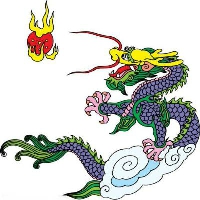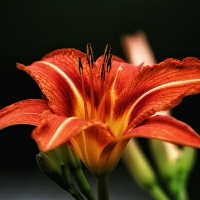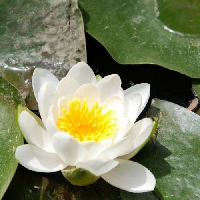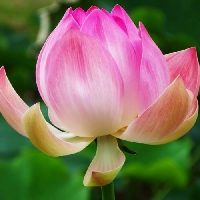The tuition fee for upgrading from junior college to undergraduate college of Shandong Modern University is: 21000 yuan per year for undergraduate majors. Specialty fees: 32000 yuan per year for stomatology, 16800 yuan per year for clinical medicine, 11800 yuan per year for nursing, preschool education, acupuncture and massage, and 9800 yuan per year for other specialties.
Note: Shandong Modern University is a private university. Generally speaking, due to the support of national or local financial funds, the tuition fees of public universities are not very expensive. Ordinary majors usually cost 4000 to 6000 yuan per year, and arts majors usually cost 8000 to 10000 yuan per year.
Private universities need to raise funds to run their own schools, so the tuition fees are generally expensive. Ordinary majors usually cost 15000 to 20000 yuan per year, and there are many in 2 to 3 million years. Of course, there are higher ones. Art majors are more expensive.
According to the Notice of Shandong Provincial Development and Reform Commission and Shandong Provincial Department of Finance on Redefining the Charging Standards for College Entrance Examination (LFGCZ [2021] No. 1000), the charging standard for ordinary college entrance examination is 120 yuan per student; The charging standard for candidates who only apply for "3+2" transfer is 60 yuan per student; The retired college student soldiers who are exempt from the college entrance examination, the candidates who are recommended to the competition, and the candidates who do not participate in the basic cultural knowledge test for the second transition will not participate in the provincial unified examination for the general college entrance examination, and will not have to pay the examination fee.
For matters not covered herein, please refer to the requirements of the Notice of Shandong Provincial Department of Education, Shandong Provincial People's Government Recruitment Office, Shandong Provincial Department of Retired Military Affairs on Doing a Good Job in Enrollment Work for College to Undergraduate Examination of Ordinary Higher Education in 2023 and the Notice of Shandong Provincial Education Enrollment Examination Institute on Doing a Good Job in Enrollment Work for College to Undergraduate Examination of Ordinary Higher Education in 2023 in Shandong Province.










